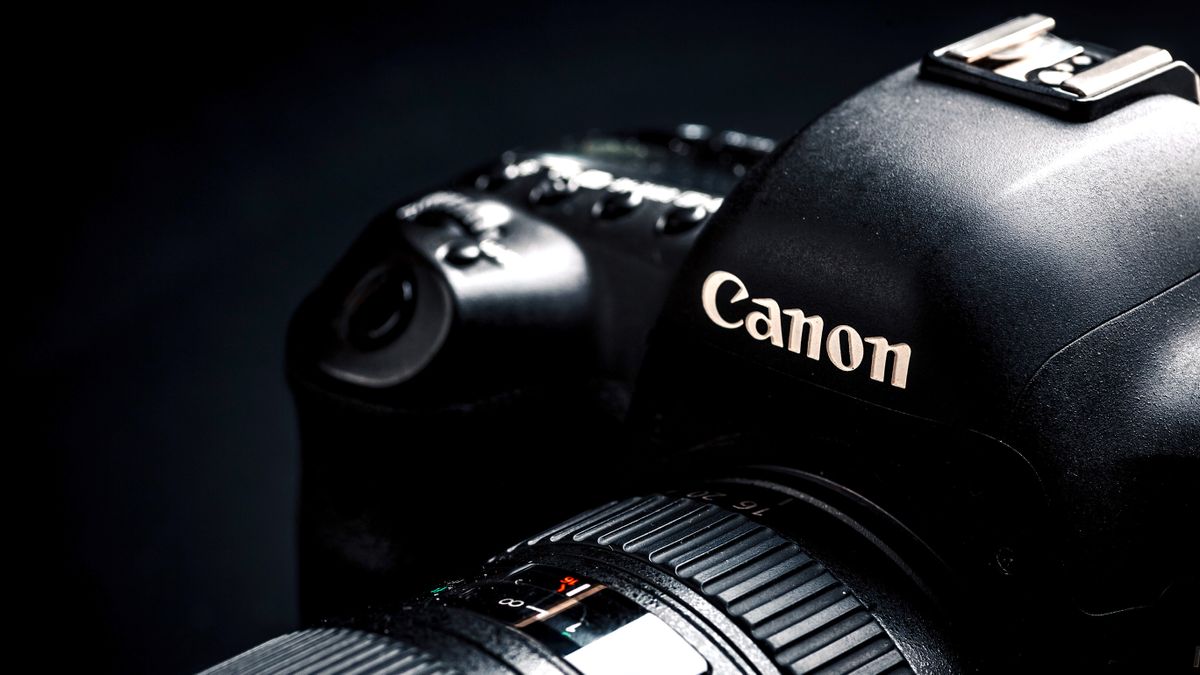
Canon’s EOS 5D range of DSLR cameras has long been the preferred choice for both photography enthusiasts and professionals alike, with the EOS 5D Mark IV as one of the most popular cameras on the market. However, if the latest reports are true, the 5D line has reached the end of the road.
According to Canon Rumors, which has been a trusted source of news about the Japanese camera maker, the company is disconnecting the full-frame DLSR range of cameras, and one source told the online publication that the development of an EOS 5D Mark V era stopped “some time ago”.